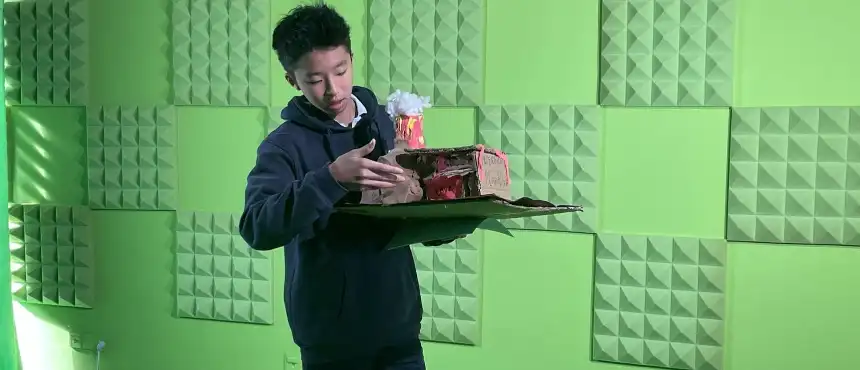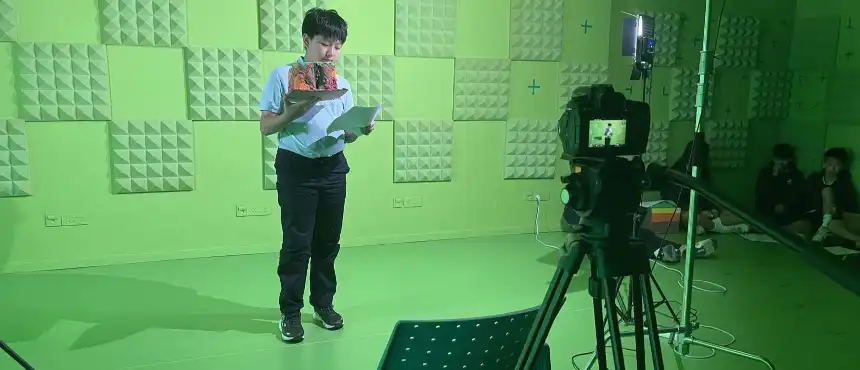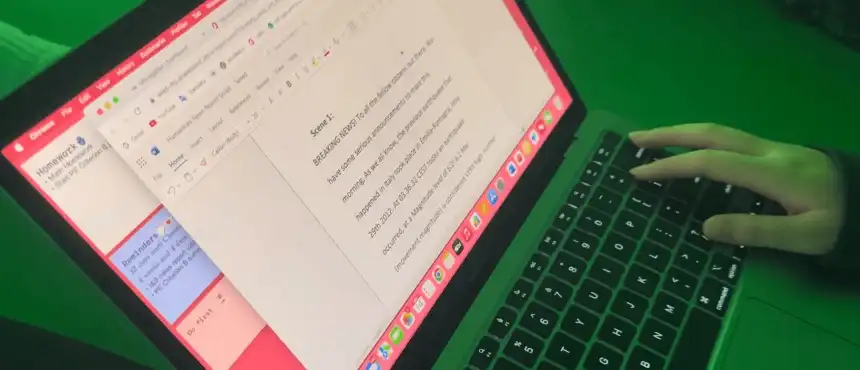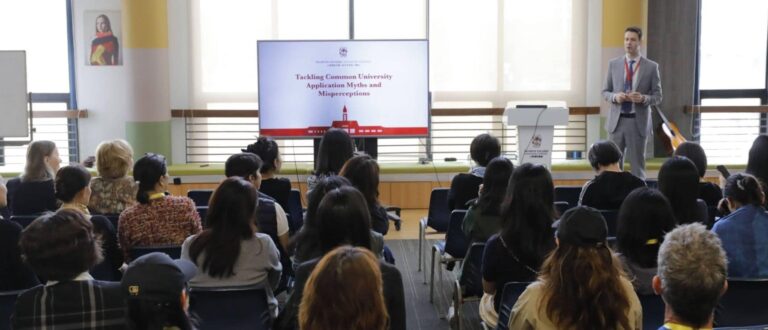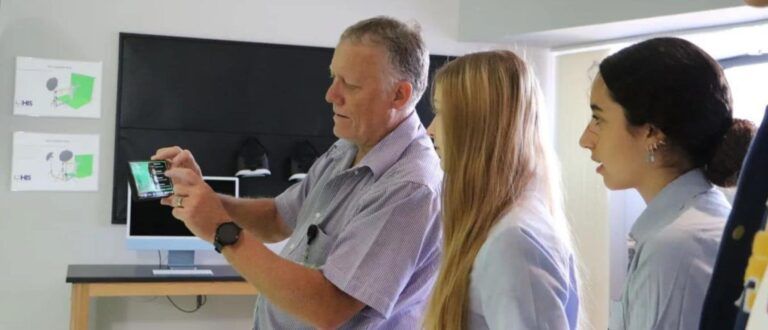Artificial Intelligence (AI) is taking center stage in the ever-evolving landscape of education. The integration of AI technologies promises to revolutionize learning experiences by providing students with innovative tools and opportunities. At the Western International School of Shanghai, students recently participated in an individual project that utilized AI to enhance their learning experience through engaging and descriptive weather report scripts. This project, part of the students’ Individual Society Project and the dynamic curriculum offered at WISS, showcases the remarkable work of students in bringing AI-generated scripts to life. This article explores the student experience as we delve into the practical applications of AI in education, examining its benefits, challenges, and the ethical considerations that come along with it.
How AI Transformed the Project
In this unique project, students at the Western International School of Shanghai were presented with a captivating opportunity to harness the power of AI language models. By using GPT Flow, an advanced AI system, they could effortlessly generate weather report scripts based on their pre-existing research. The core objective was not simply to produce well-crafted scripts but to transform the presentation of researched information into a genuinely creative and immersive experience.
Writing an engaging script can be daunting for many students, particularly non-native English speakers and those who struggle with creativity. However, the integration of AI-generated scripts provided an invaluable solution. It not only streamlined the process but also allowed students to infuse their personalities and preferences into their scripts, be it through humor or seriousness.
An Enriching Educational Experience
Embracing AI-generated scripts proved to be a transformative journey for the students involved. Planning, crafting, and experimenting with various prompts empowered them to explore and refine their scripts. As a result, their presentations became more personalized and captivating, capturing the attention of both their peers and teachers.
Additionally, AI-powered scripts offered a unique opportunity for students to improve their language skills. Through the use of GPT Flow, students could receive instant feedback on grammar, vocabulary, and sentence structure. This real-time feedback not only enhanced their writing skills but also instilled a sense of confidence in their abilities.
Beyond improving language proficiency, AI-generated scripts allowed students to delve deeper into their research topics. As they fine-tuned their scripts, they discovered new insights and connections within the subject matter. The ability to generate multiple drafts using AI technology opened doors for students to explore diverse perspectives and refine their ideas.
Challenges and Ethical Considerations
While AI integration in education brings a myriad of benefits, it also presents challenges and ethical considerations. One primary concern is the risk of over-reliance on AI technologies. It is crucial to strike a balance between utilizing AI tools as aids and ensuring that students develop critical thinking skills and independent thought.
Furthermore, it is essential to address issues of data privacy and security. As AI systems collect and analyze student data, it is crucial to establish clear protocols and safeguards to protect sensitive information. Educators and institutions must prioritize the ethical use of AI technologies to ensure student safety and well-being.
The integration of AI technologies, as demonstrated by the Weather Report Script Project at the Western International School of Shanghai, has the potential to transform learning experiences and empower students. AI-generated scripts provided students with an engaging and personalized platform to showcase their research, enhancing their language skills and fostering creativity. However, navigating the challenges and ethical considerations that arise alongside AI integration is essential, ensuring students develop critical thinking skills while maintaining data privacy and security. By harnessing the power of AI in education thoughtfully and responsibly, we can create a future where students truly thrive in their learning journeys.

